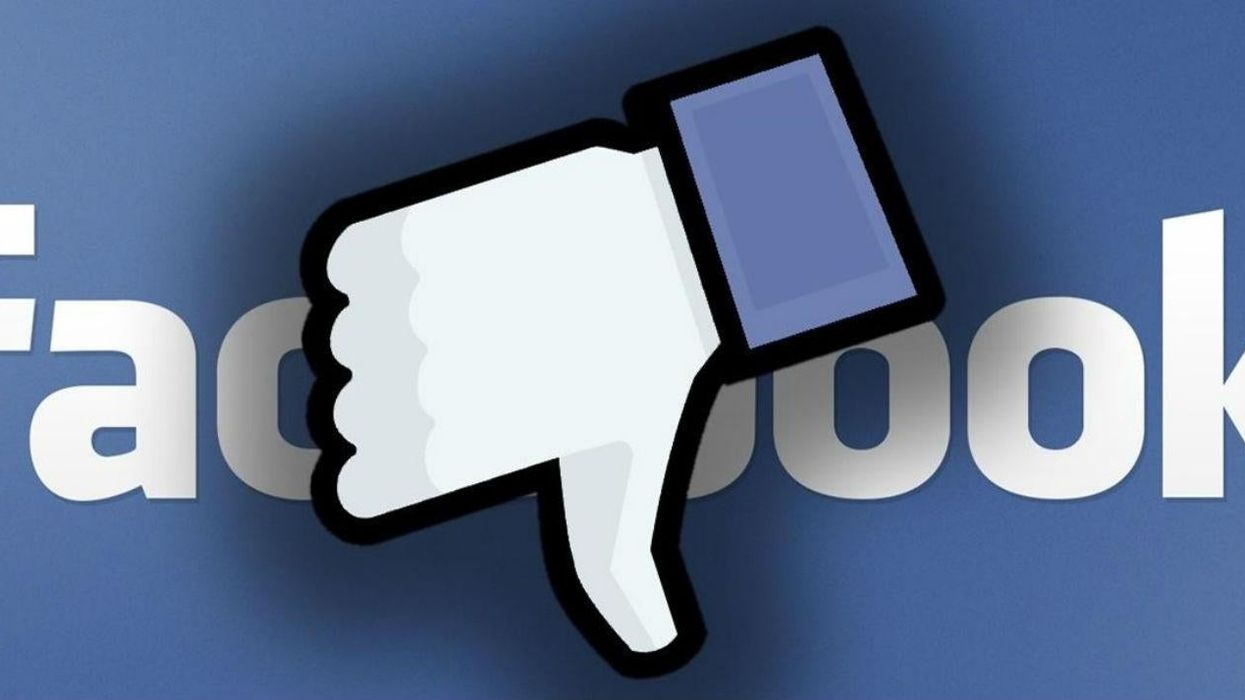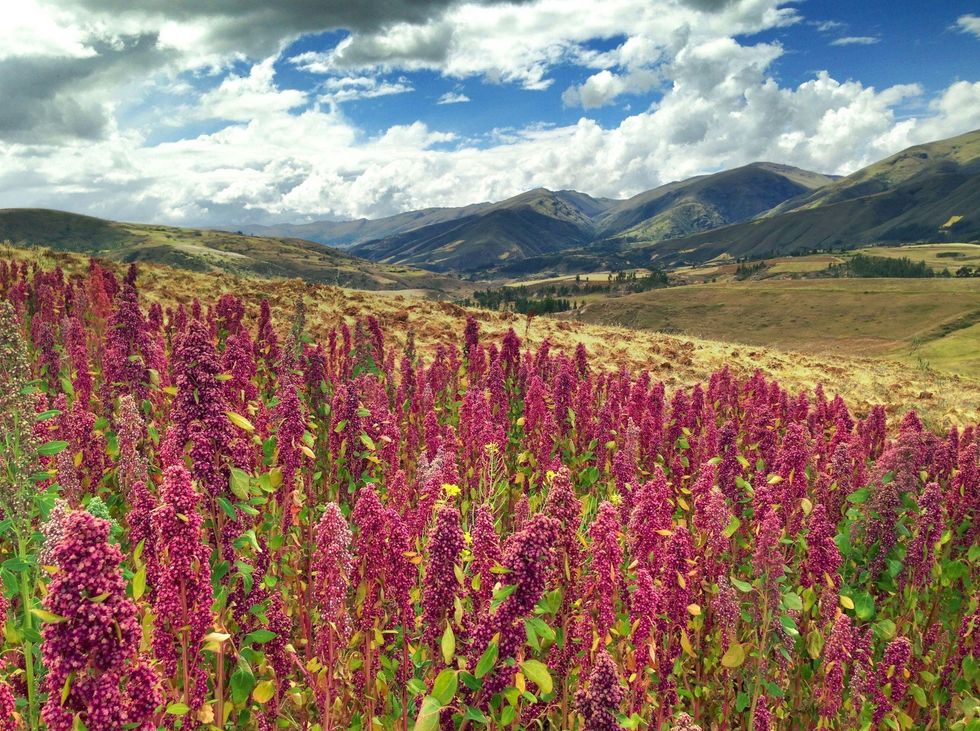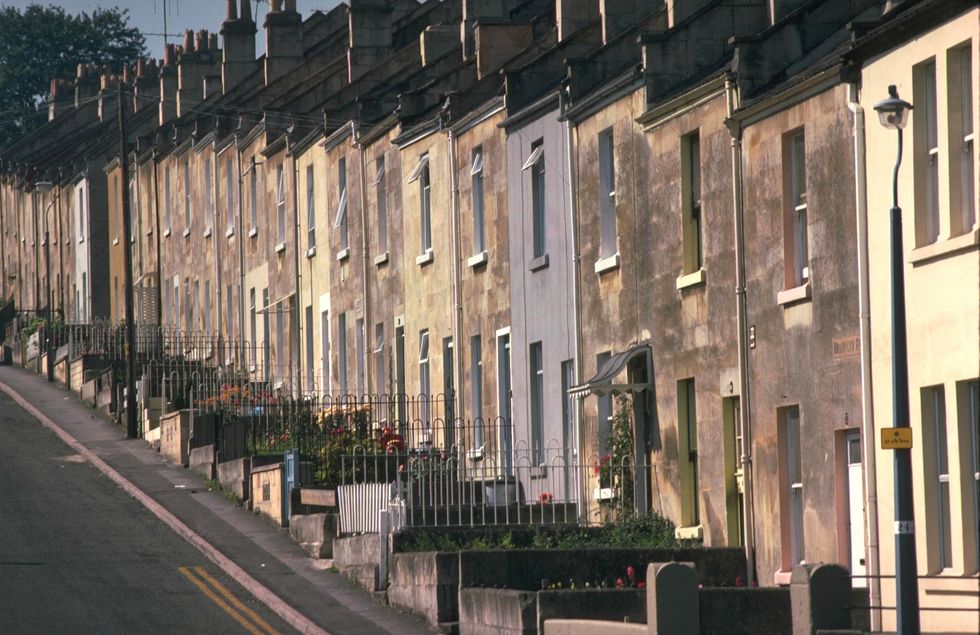
Facebook is clamping down on ‘fake news’ posts following an influx of disinformation on its feed.
In fact, the social media giant announced it would join a coalition made up of over 20 news organisations, including Twitter, in an effort to reduce false ‘live feeds’, and conspiracy theories peddled as fact.
But it isn’t just fake news that proliferate the social media website – fake accounts are also in abundance, which is why it is vital to keep the information you share to a minimum.
Specifically refrain from sharing the following:
1. Passport or driver's licence
People love to declare the fact that that things going well. Holiday proclamations are perpetual on Facebook, so too are announcements of passing driving tests. It's probably best not to showcase the exact details of the documents relating to each of these things, however. They're easily replicated and identity fraud is rife.
2. Holiday plans
It's not just the numbers and codes that prove risky. Informing the public sphere that you're off on a quinoa fest in Peru for two weeks might also end in dire consequences. Burglars could see that you're home is unoccupied in that time and target your house - even if you've asked Linda to pop by every couple of weeks to check for post and feed the cat.
drrimatruthreports.com
3. Bank details
Strangers need more details that an account number and sort code to access your funds. But doing as this student did, and posting basic details on a friend's Facebook wall to get a payment, is a bad idea. Hackers can find out the necessary information required to get into your bank account, while close friends might know enough to do the same - without the technical know how. According to Time Money, some people like to brag about their paychecks, too - particularly on Instagram. Little sympathy, but seriously, what are they doing?
4. Winning tickets
Take Chantelle from Perth, Australia. In her excitement, she posted a happy selfie with her $825 winning betting slip. She was celebrating her victory at the Melbourne Cup horse race. Unfortunately, Chantelle included the scannable barcode in her picture, and one of her 'mates' stole the money.
5. Home address
More people give out their home address willingly than you think. It's not as dangerous as openly distributing a passport number, but it could be used against you. It's advisable to be careful here - if nothing more to avoid cold callers.
Wiki Commons
6. Stuff about your kids
This is as much as bout annoying your friends as anything else - endless snaps of your baby can get a little much. But there's also a security issue. Look at your privacy settings - do you really want any random person being able to see photos of your family?
7. Complaints about work or your boss
It seems so obvious, and yet there are numerous stories about people being fired because they overtly moaned about their employment and or employer.
In an increasingly transparent world - at least at a base level - there are some things better kept for private conversations. You might hate your job, but you need to get that dough.
8. Copy and paste status updates
You know the type - statuses that say Facebook is going to start charging you, or you'll obtain eternal happiness if you spread the love. In truth, while such posts might be ultimately innocent, chances are they were set up by marketing companies, or are the work of hackers sending out malware or phishing software. They're also really, really annoying.
9. A photo of your university ID
Yes, it's great that you got in to university; yes, your friends and family know that it's your first day. But sharing your ID gives criminals access to your name, a picture of your face, and the location of where you spend a significant amount of your time. At best, you could be the victim of fraud - or something much worst.
10. 'I'm going to the theatre tomorrow afternoon at six to watch The Three Little Pigs!!'
It's great that you're a cultured individual. Be a smart individual, too: don't post where you will be at a certain time. It is as though you've turned on a beacon that criminals can easily follow to where you will be. In fact, avoid tagging yourself in locations, especially if you're a regular; people who want to harm you can pick up patterns in your behaviour, places you frequent...

11. Intimate photographs of yourself
Even if your privacy settings are strong, your Facebook can still be hacked and any intimate photos you uploaded could be shown to people you never intended to see them - parents and work colleagues are an example.
More: The scam every Facebook user should be aware of
More: Take the 'intelligence test' that's blowing up Facebook















